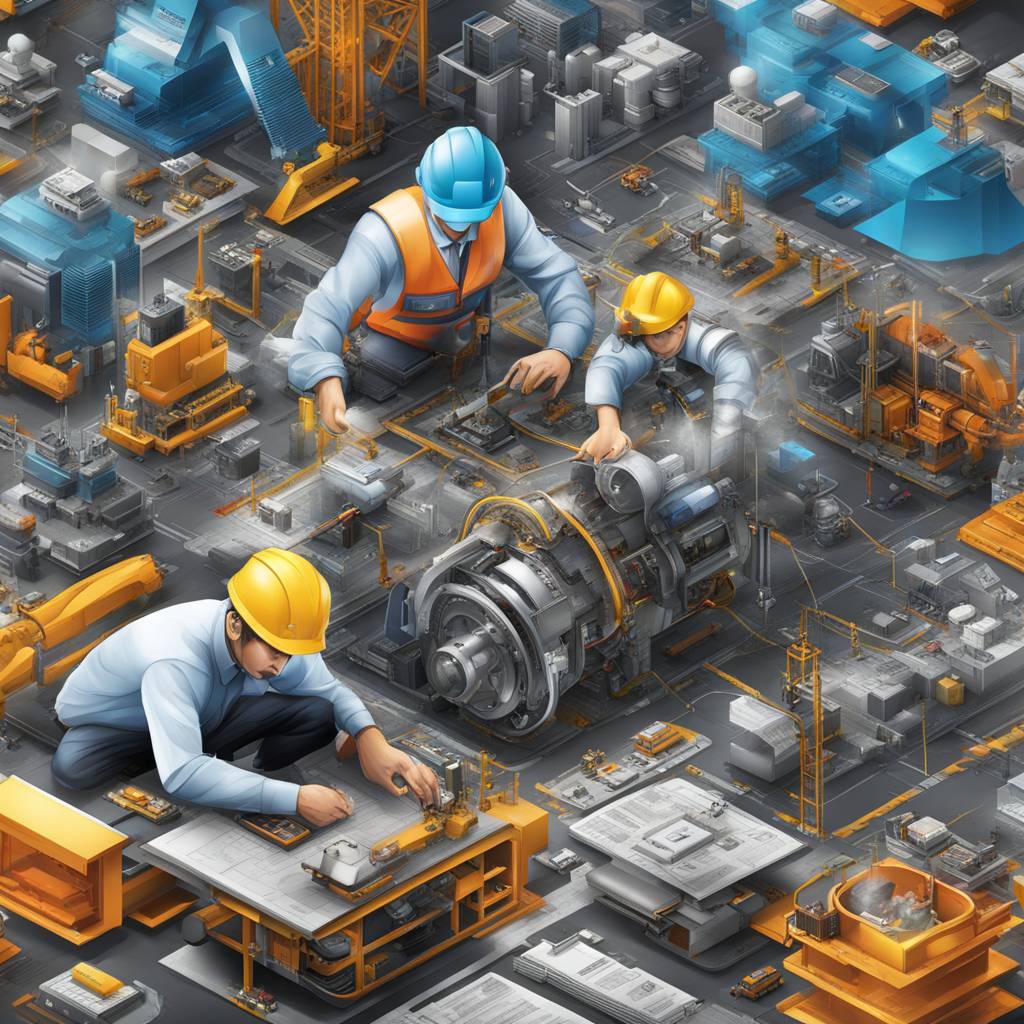Neil D’Souza, the CEO of Makersite, is leading a data-driven technology company that focuses on building digital twins to enhance products across various criteria. In a recent article, he discussed the need for collaboration over individualism in order to create a more sustainable future, stressing that success should not only be measured by financial gain but also by the positive impact on society and the environment.
Drawing lessons from the historic Apollo 11 moon landing in July 1969, D’Souza highlights the significance of teamwork, leadership, and innovation in achieving monumental goals. The successful mission involved around 300,000 people from various sectors working together towards a common objective. This collaborative effort demonstrates the necessity of collective action in addressing global challenges, such as ending the culture of waste and protecting the planet.
Engineers play a crucial role in designing products with minimal environmental impact. Research shows that 80% of a product’s environmental footprint is determined during the design phase. By empowering engineers with the right tools and information, they can make sustainable choices that benefit both the environment and the bottom line. Providing engineers with data-driven insights and best practices is essential for guiding them towards creating more efficient and cost-effective products.
A shift in mindset is required to reinvent product design and manufacturing processes towards sustainability. Brands like Schneider, Siemens, and IKEA are leading the way in integrating sustainability into their operations, demonstrating the business benefits of eco-friendly practices. Companies that prioritize sustainability in their product design experience higher revenue growth, increased profitability, and improved operating costs, showcasing the value of environmental responsibility in today’s market.
To drive meaningful change, there needs to be a greater push for sustainability across industries. Early adopters and innovators are paving the way for a more environmentally conscious future, emphasizing the importance of collaboration and informed decision-making. By equipping engineers with the necessary data and tools to understand the impact of their material choices, organizations can accelerate the transition towards more sustainable practices.
In conclusion, with the rise of AI and real-time data analytics, engineers have the opportunity to lead the way in creating environmentally-friendly products that prioritize sustainability. By embracing a holistic approach to product design that considers both environmental and social implications, engineers can shape a brighter future for generations to come. By supporting engineers with the right technology and resources, we can empower them to make a positive impact on history and define a future where purpose and profit are equally valued.













